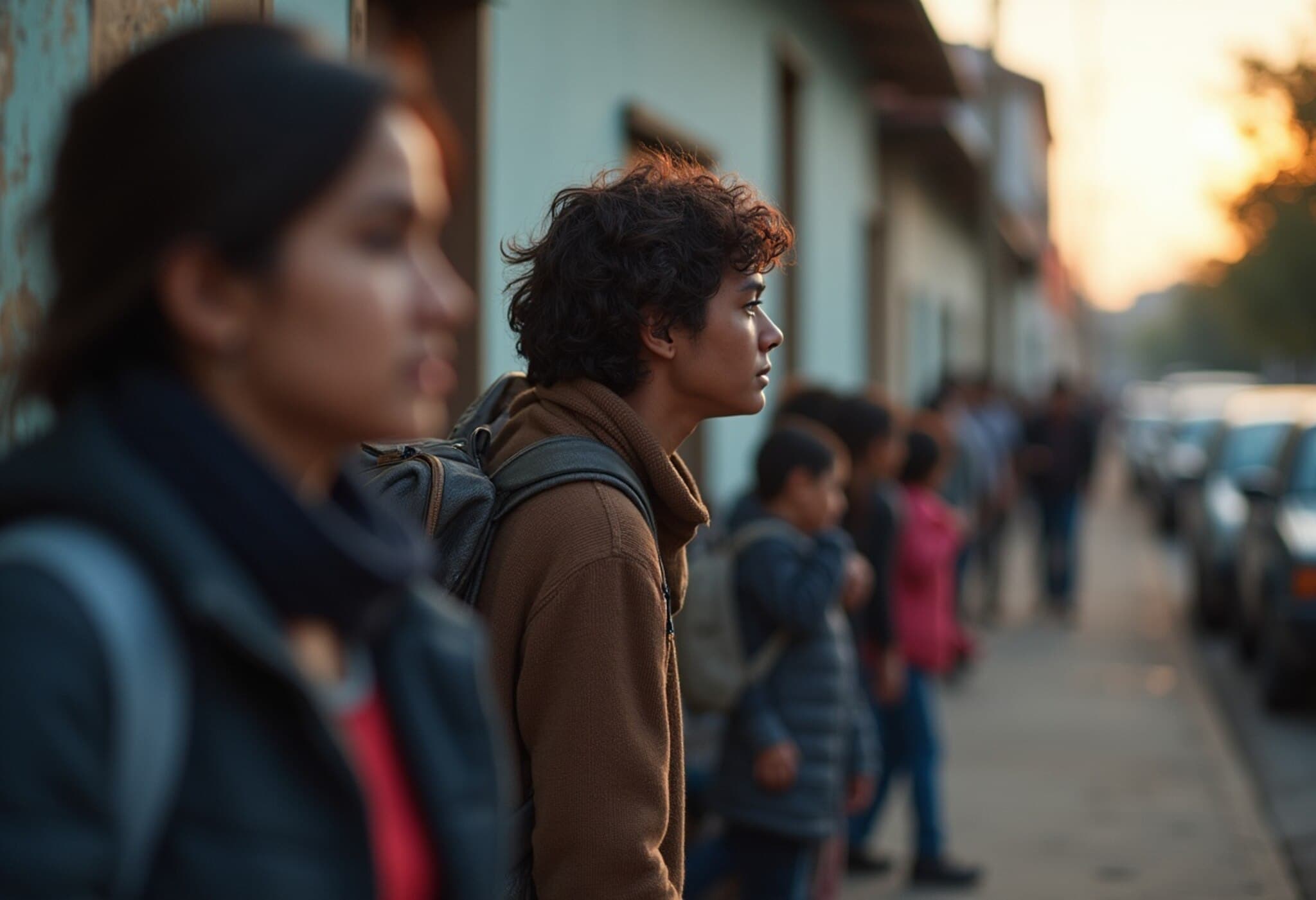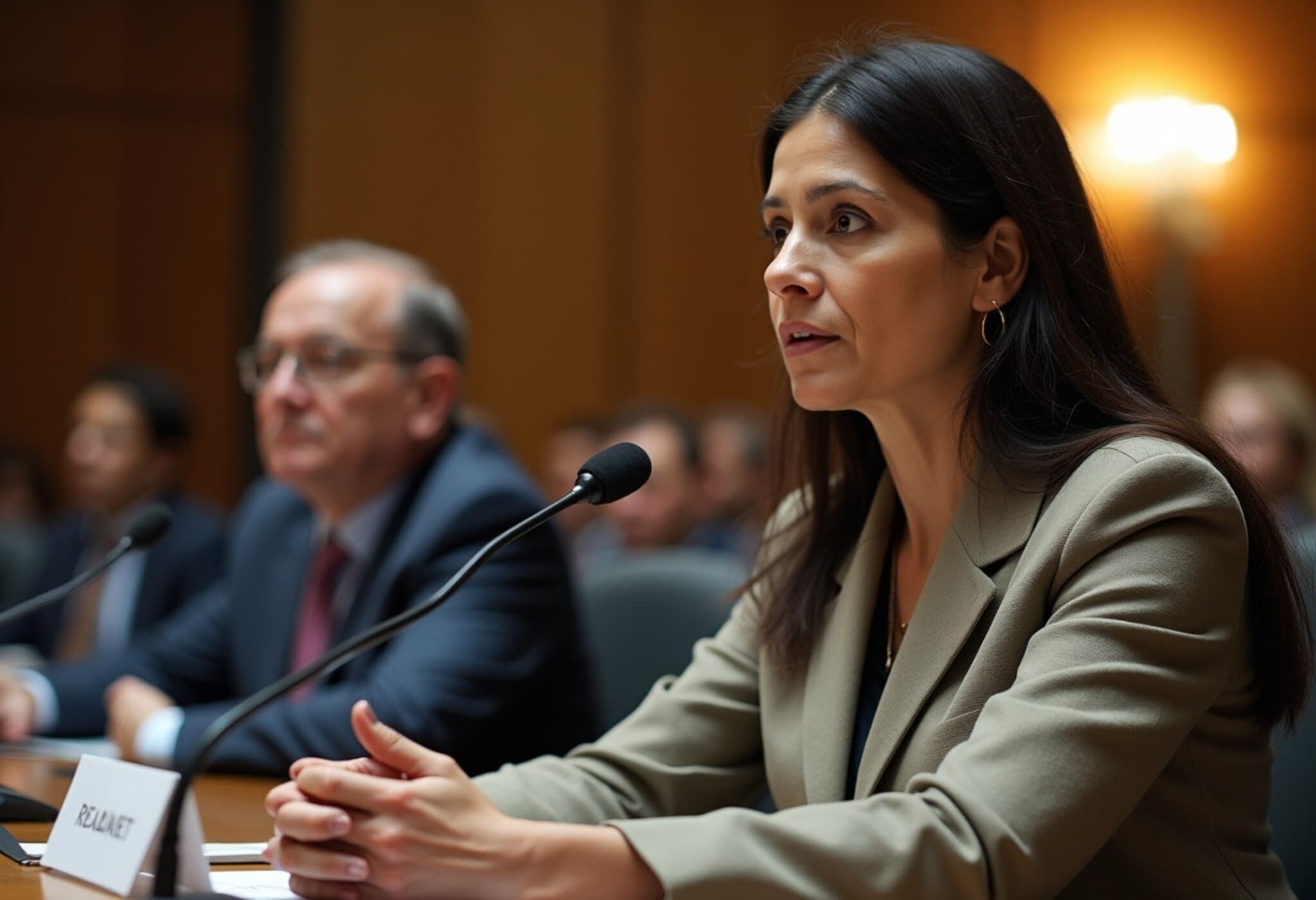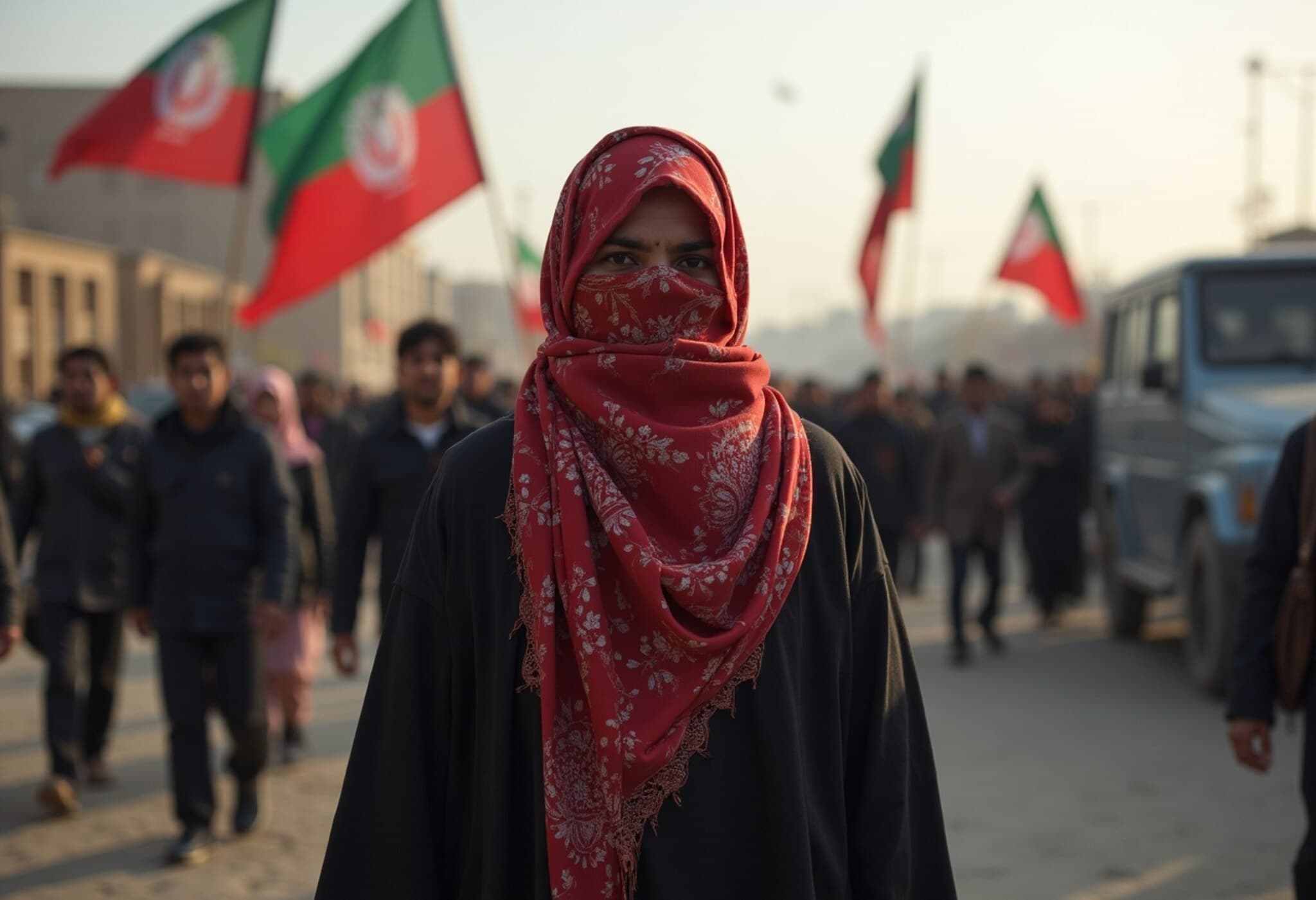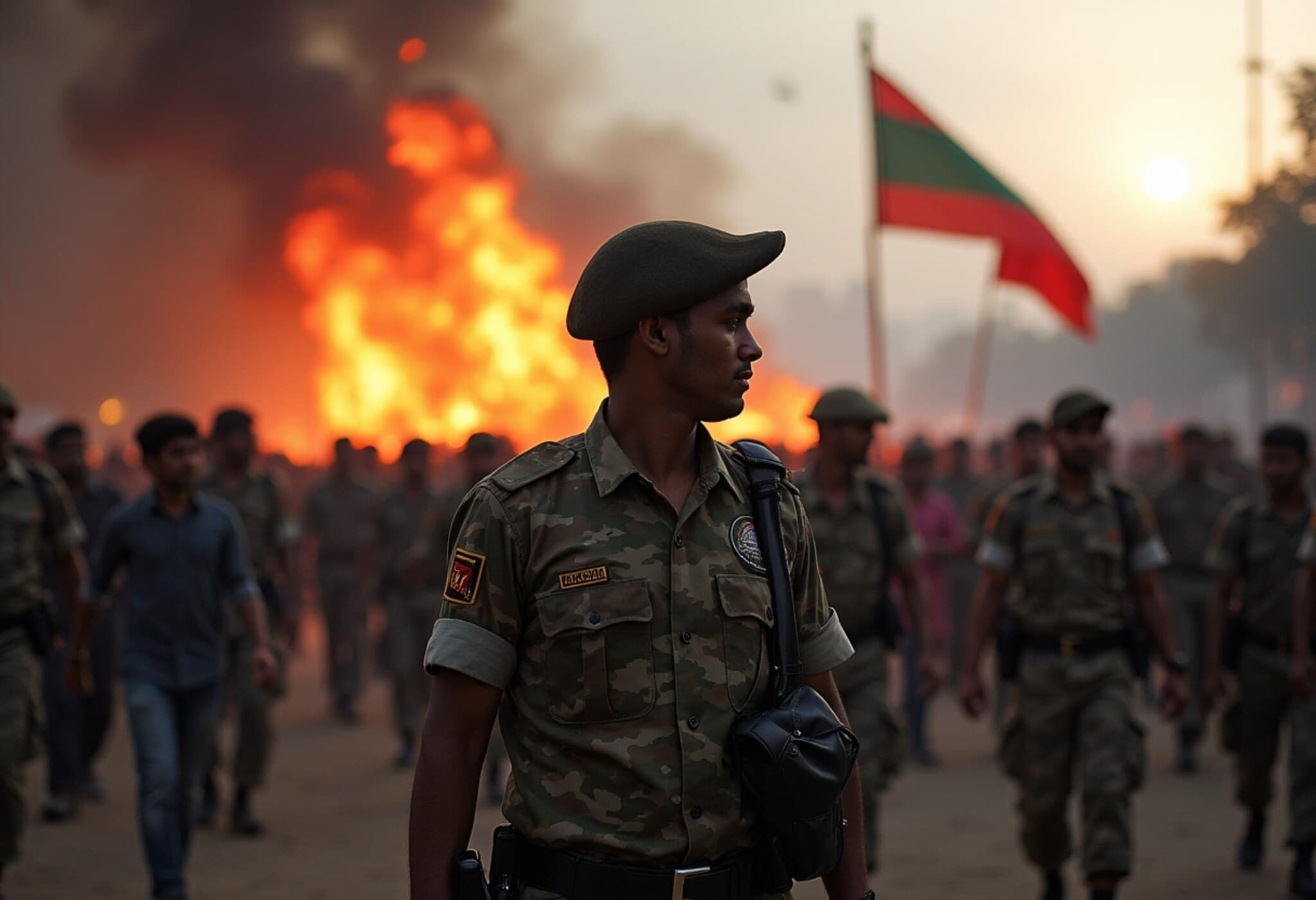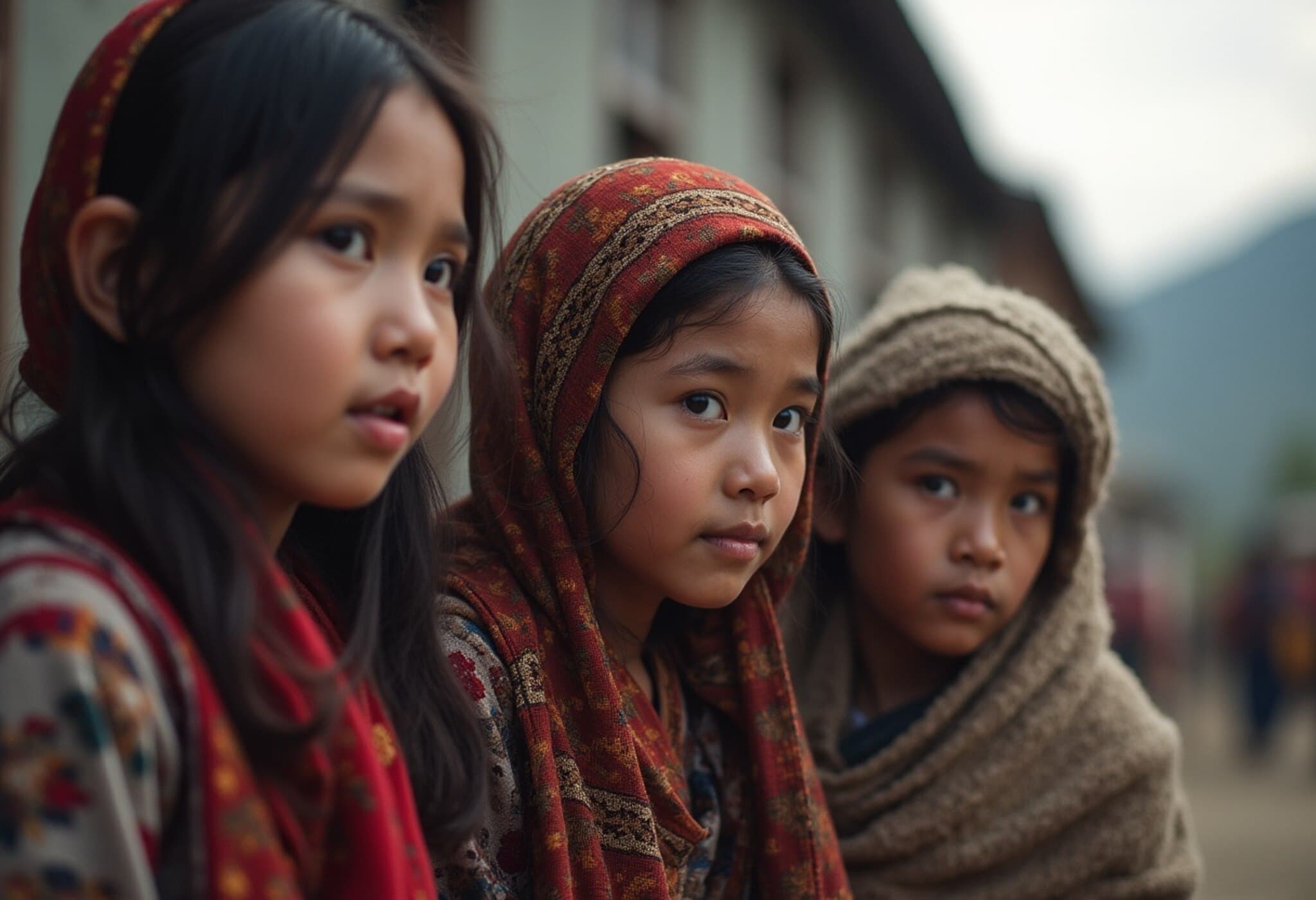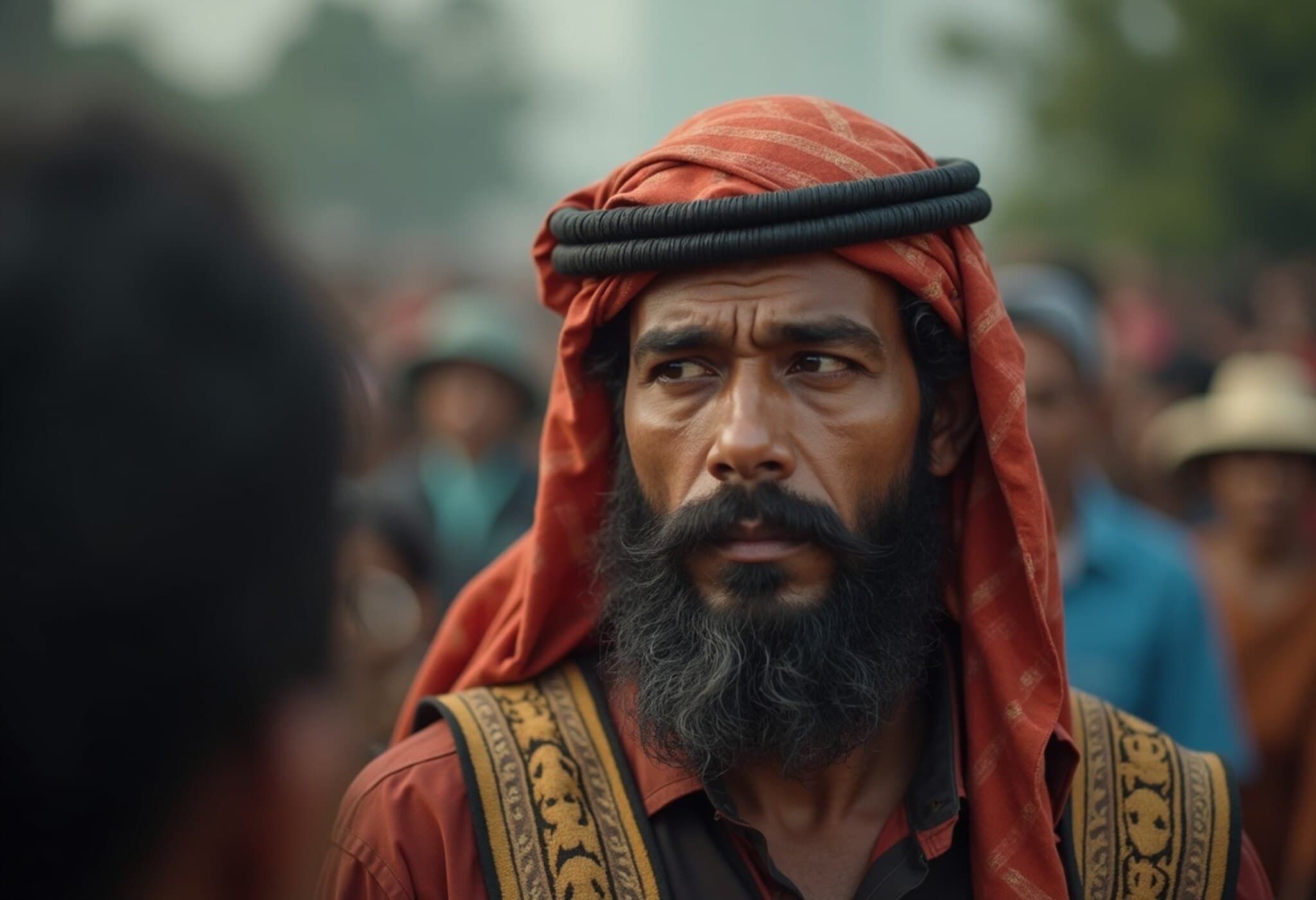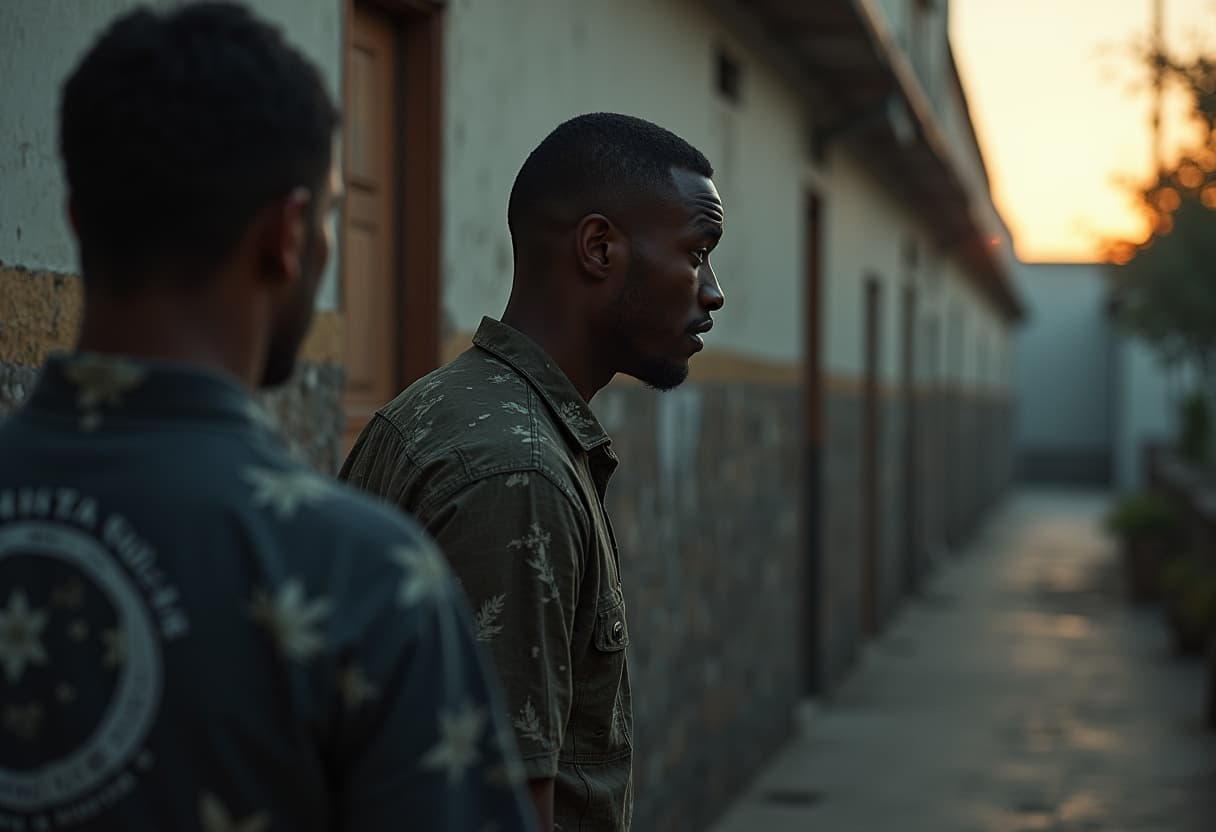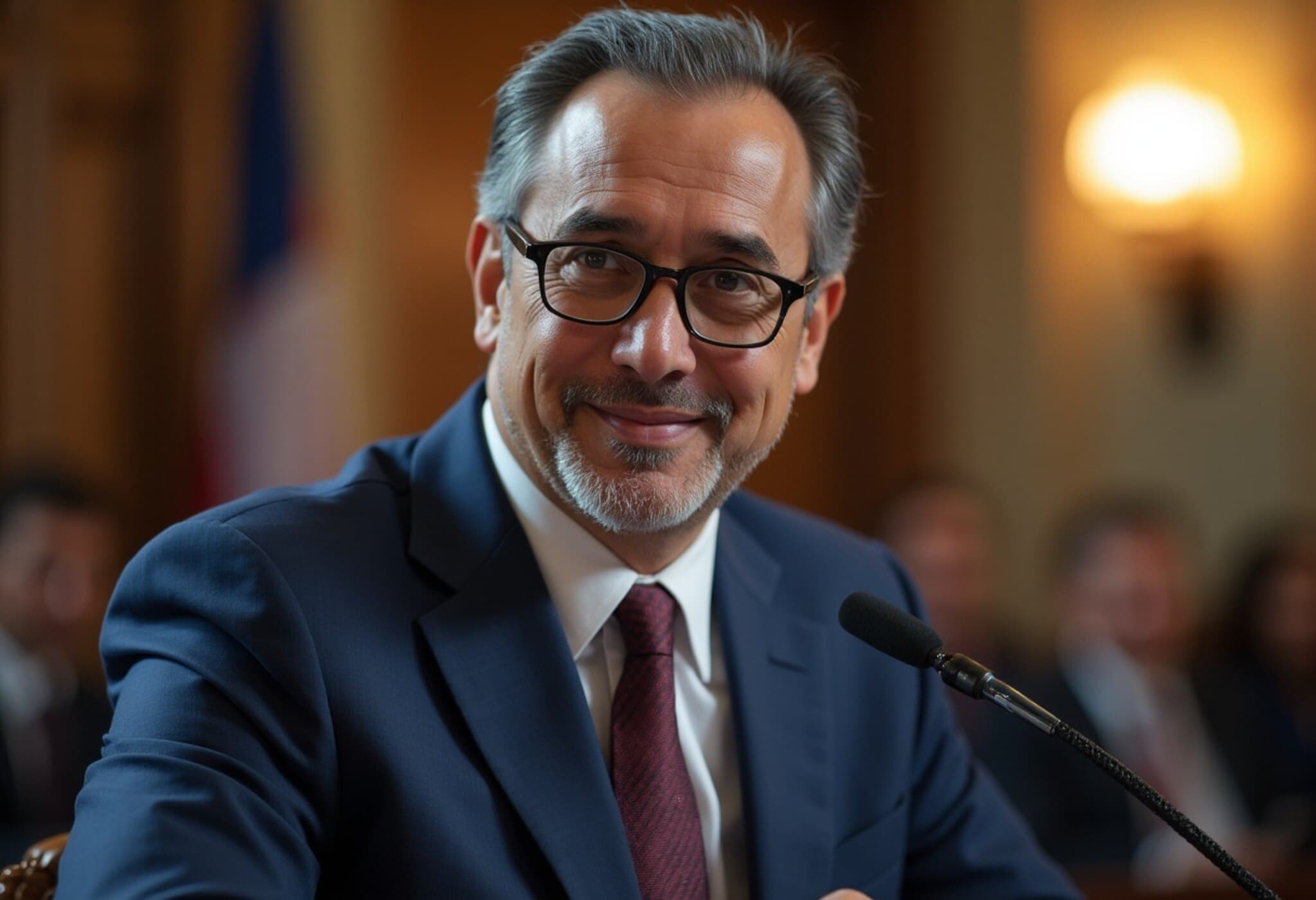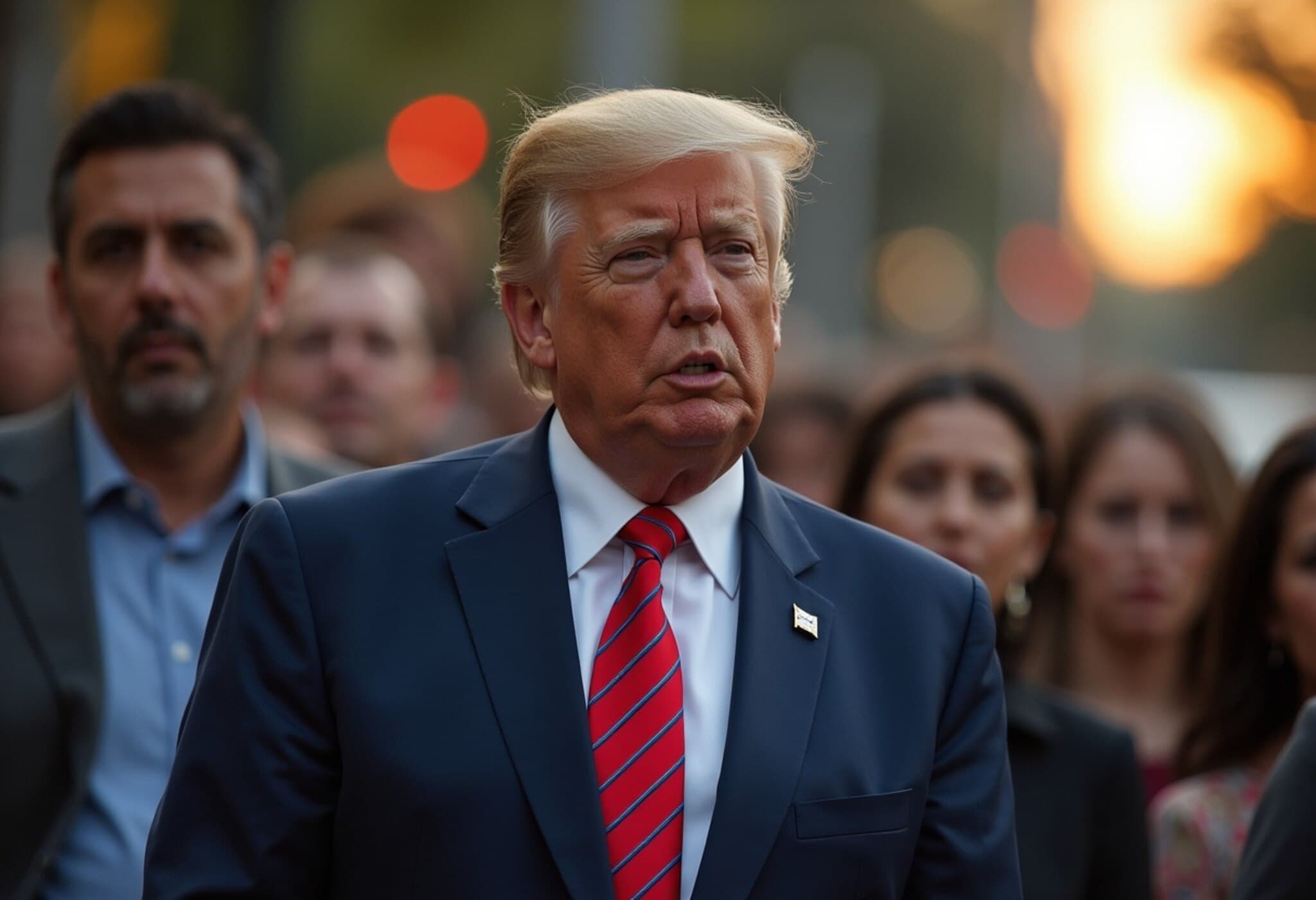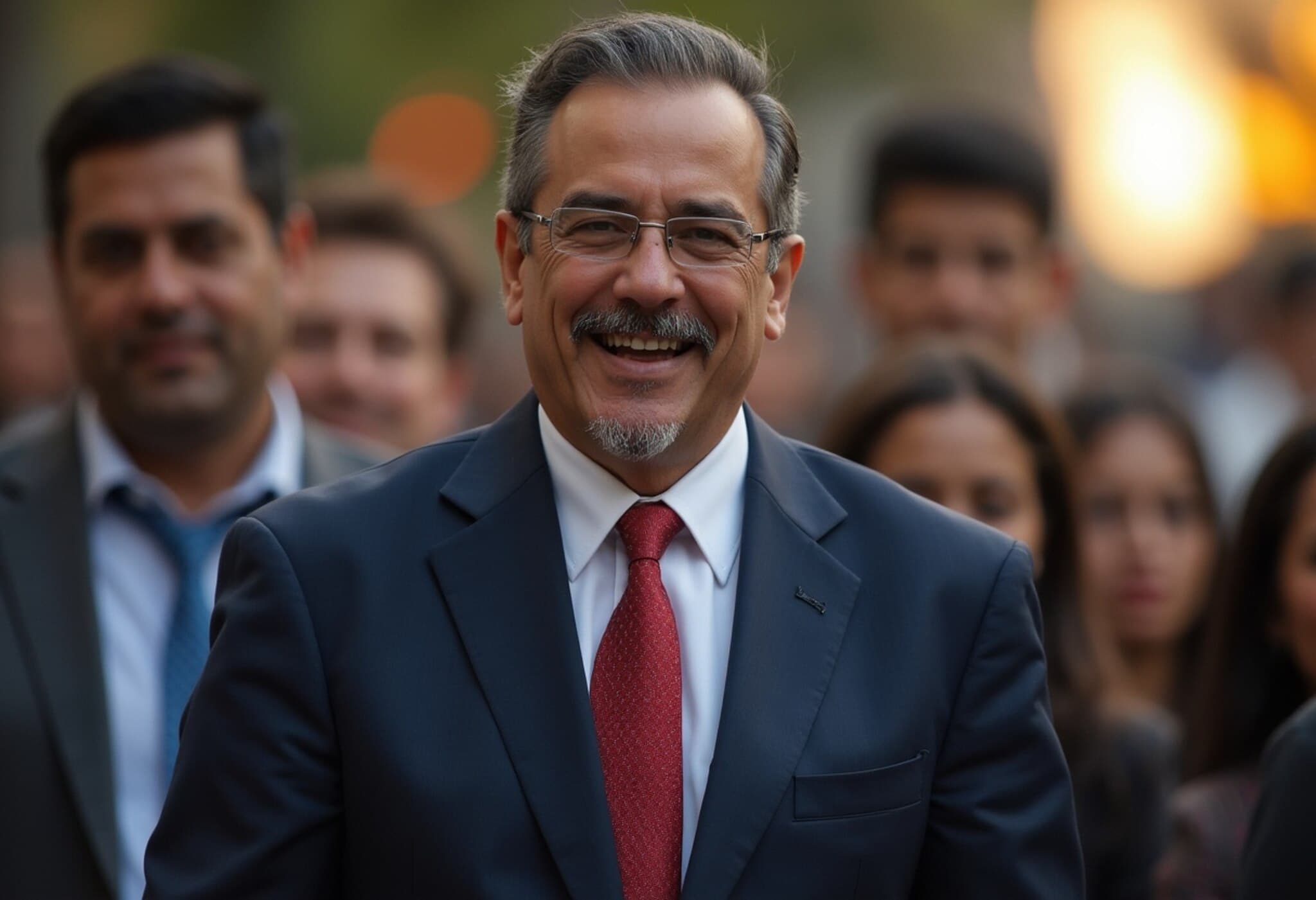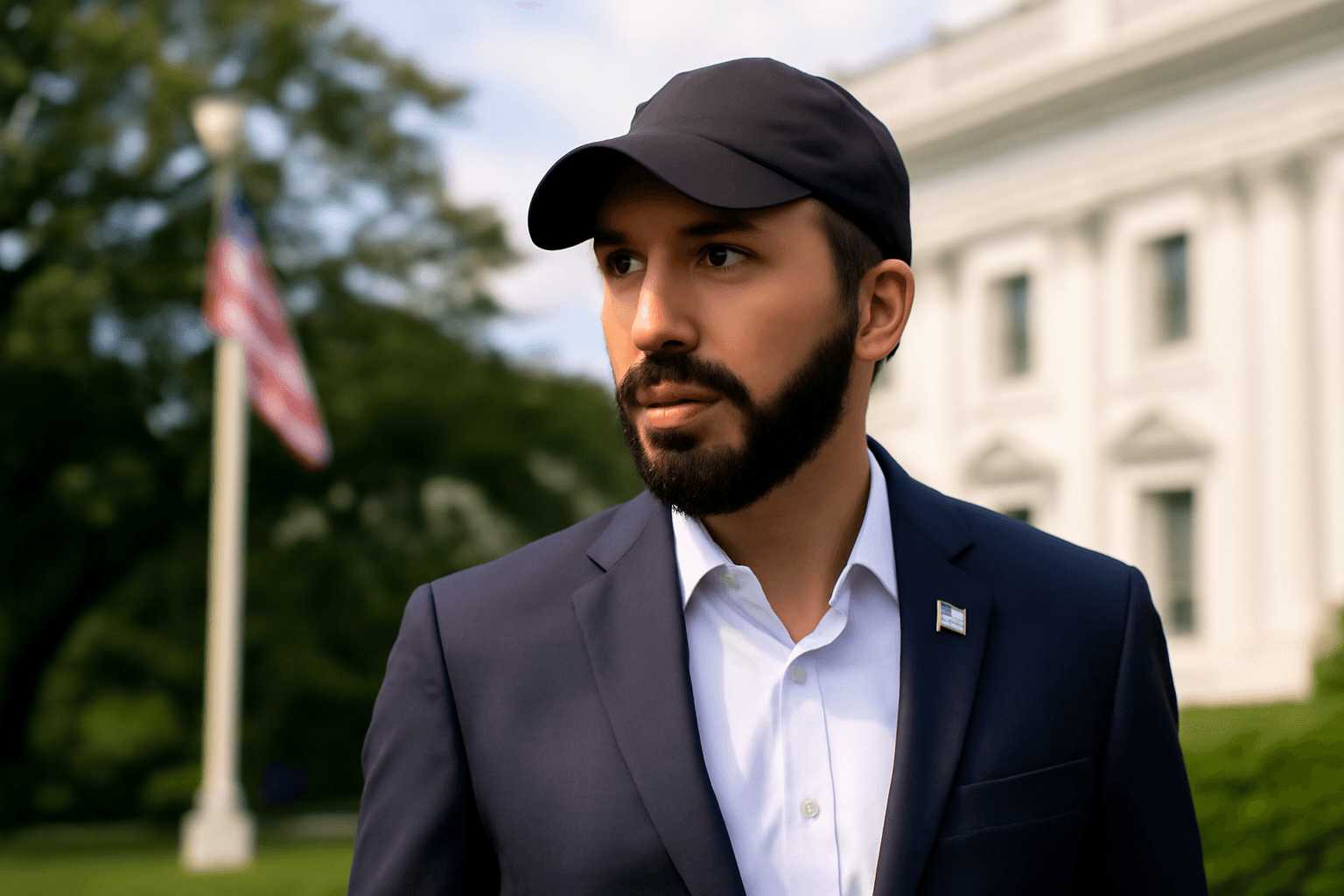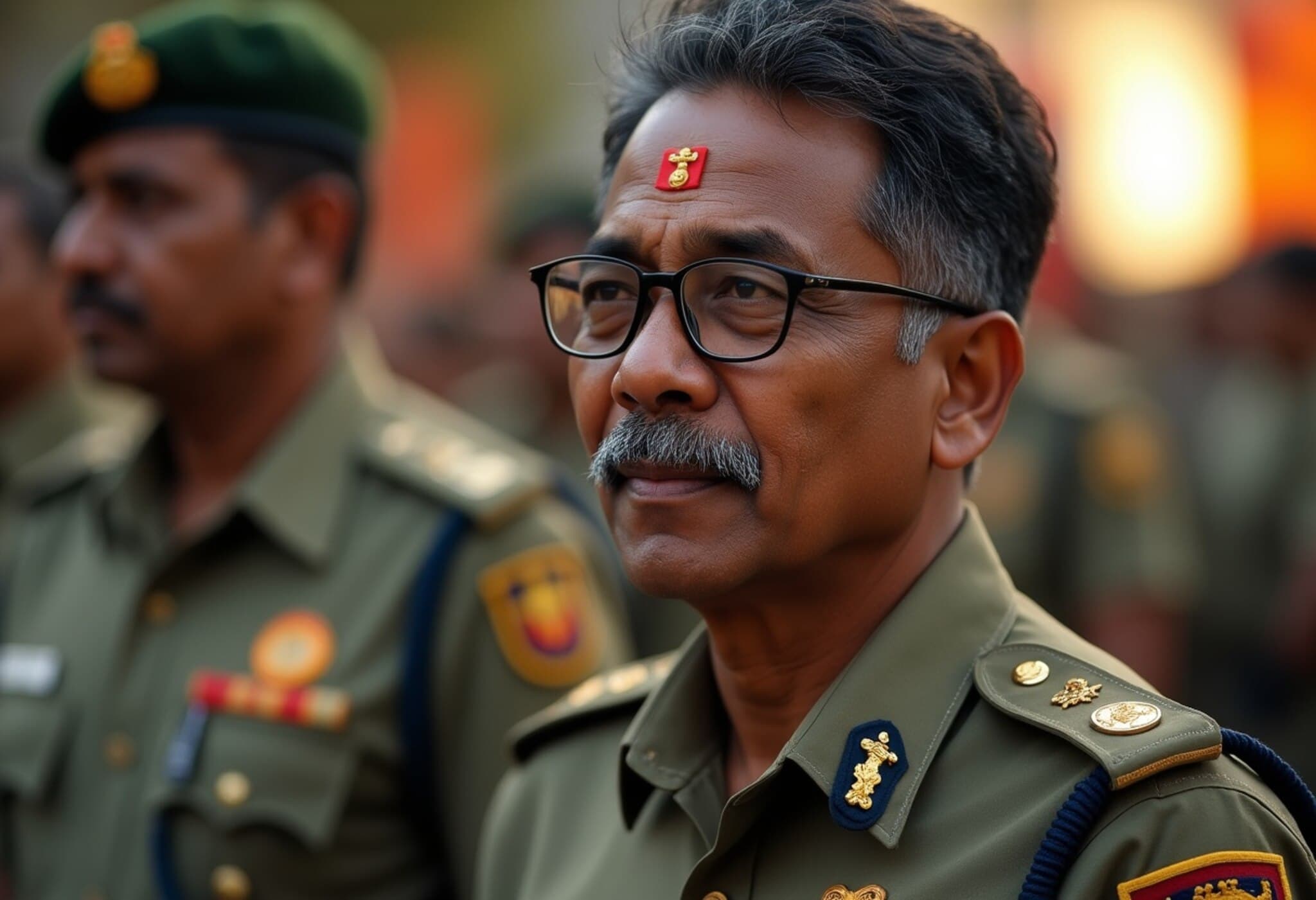Venezuela Launches Investigation into Torture Claims of Migrants Held in El Salvador
Last week marked a significant development in a troubling saga involving Venezuelan migrants detained abroad. Venezuela has officially opened an inquiry into allegations of severe human rights violations, including sexual abuse, daily physical beatings, and the provision of rotten food, endured by its citizens imprisoned in El Salvador.
Background: A Controversial Deportation Exchange
In a complex diplomatic exchange, the United States recently released 250 Venezuelan migrants detained in El Salvador’s notorious Terrorism Confinement Center (CECOT). These individuals were transferred following a prisoner swap, wherein Venezuela released 10 American detainees. The migrants had been held since March without formal court hearings as part of the Trump administration's expedited deportation policies.
Allegations of Systemic Torture and Abuse
Venezuelan Attorney General Tarek William Saab has accused Salvadoran authorities of subjecting detainees to what he termed “systemic torture.” At a press conference, Saab presented testimony and graphic evidence depicting detainees with widespread injuries such as bruises and missing teeth, alongside reports of sexual violence and deteriorating health conditions due to spoiled food.
These allegations focus scrutiny on key El Salvador government figures, including President Nayib Bukele, Justice Minister Gustavo Villatoro, and Head of Prisons Osiris Luna Meza, all of whom are now under investigation.
The U.S. and El Salvador: Policies Under Fire
The deportation of Venezuelan migrants to El Salvador by the U.S. was facilitated under a rarely used wartime statute invoked by then-President Trump, drawing criticism for bypassing due legal process. The migrants were accused—without substantiated evidence—of links to the notorious criminal group Tren de Aragua.
This strategy reflects a broader clampdown on migrants implemented by the former administration, characterized by heightened raids and rapid deportations. A bilateral agreement between the U.S. and Venezuela facilitates the repatriation of undocumented Venezuelans, evidenced by frequent flights returning migrants from Mexico and the United States.
Contextualizing the Crisis: A Broader Pattern of Rights Violations
Venezuela itself is under investigation by the International Criminal Court (ICC) in The Hague for similar practices, including torture and denial of legal representation to detainees. This parallel inquiry adds complexity, highlighting a troubling regional pattern of migrant and prisoner abuse in politically charged contexts.
Expert Perspective: What This Means for Human Rights in the Americas
Human rights advocates emphasize that the allegations underscore systemic challenges faced by migrants caught in U.S. immigration enforcement and international diplomacy. The use of wartime laws for deportation raises pressing questions about legal protections for migrants and accountability for abuses committed by host countries.
Experts suggest that transparency and judicial oversight are essential to prevent future abuses and ensure migrant safety. Additionally, these events highlight the urgent need for international cooperation to uphold human rights standards amid complex geopolitical tensions.
Key Figures and Statistics
- 250 Venezuelan migrants released from El Salvador’s CECOT prison last week.
- 10 American prisoners held in Venezuela, exchanged in the prisoner swap.
- Over 8,200 Venezuelans repatriated from the U.S. and Mexico since February, including approximately 1,000 children.
Looking Ahead: Accountability and Migration Policy Challenges
As Venezuela moves forward with its investigation, questions loom about the implications for international relations and human rights enforcement across the Americas. Will the probe prompt reforms in El Salvador’s detention practices? How will the U.S. adjust migrant policies in response to these revelations? Importantly, the case demands ongoing global attention to migrant welfare amid rising geopolitical tensions.
Editor's Note: This unfolding situation encapsulates the intersection of immigration policy, human rights, and geopolitical strategy. The reported abuses call for vigilant scrutiny and a reevaluation of enforcement mechanisms that risk sacrificing individual rights under the guise of security. Readers should consider the human stories behind these headlines and the systemic reforms needed to protect vulnerable populations in a highly politicized migration landscape.

